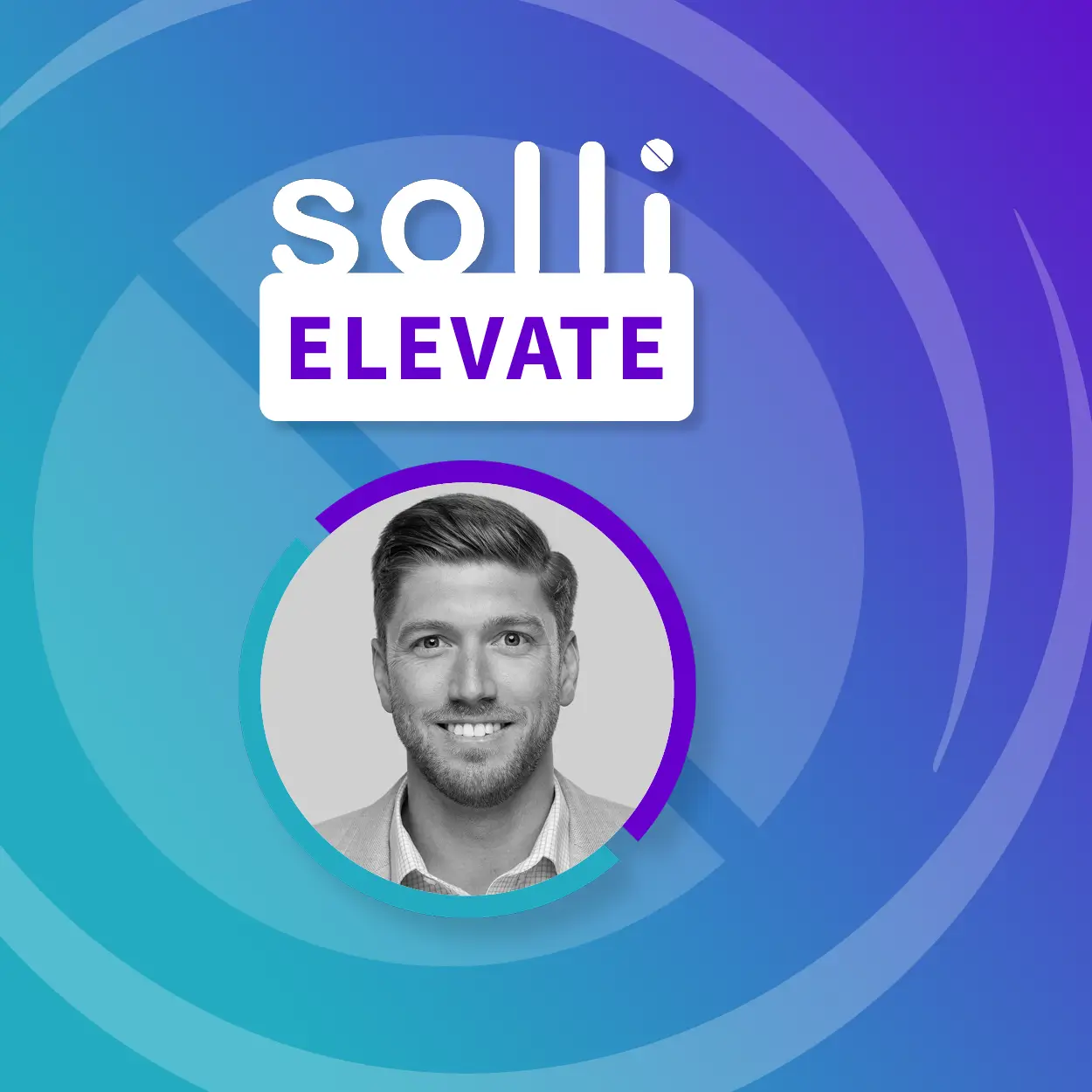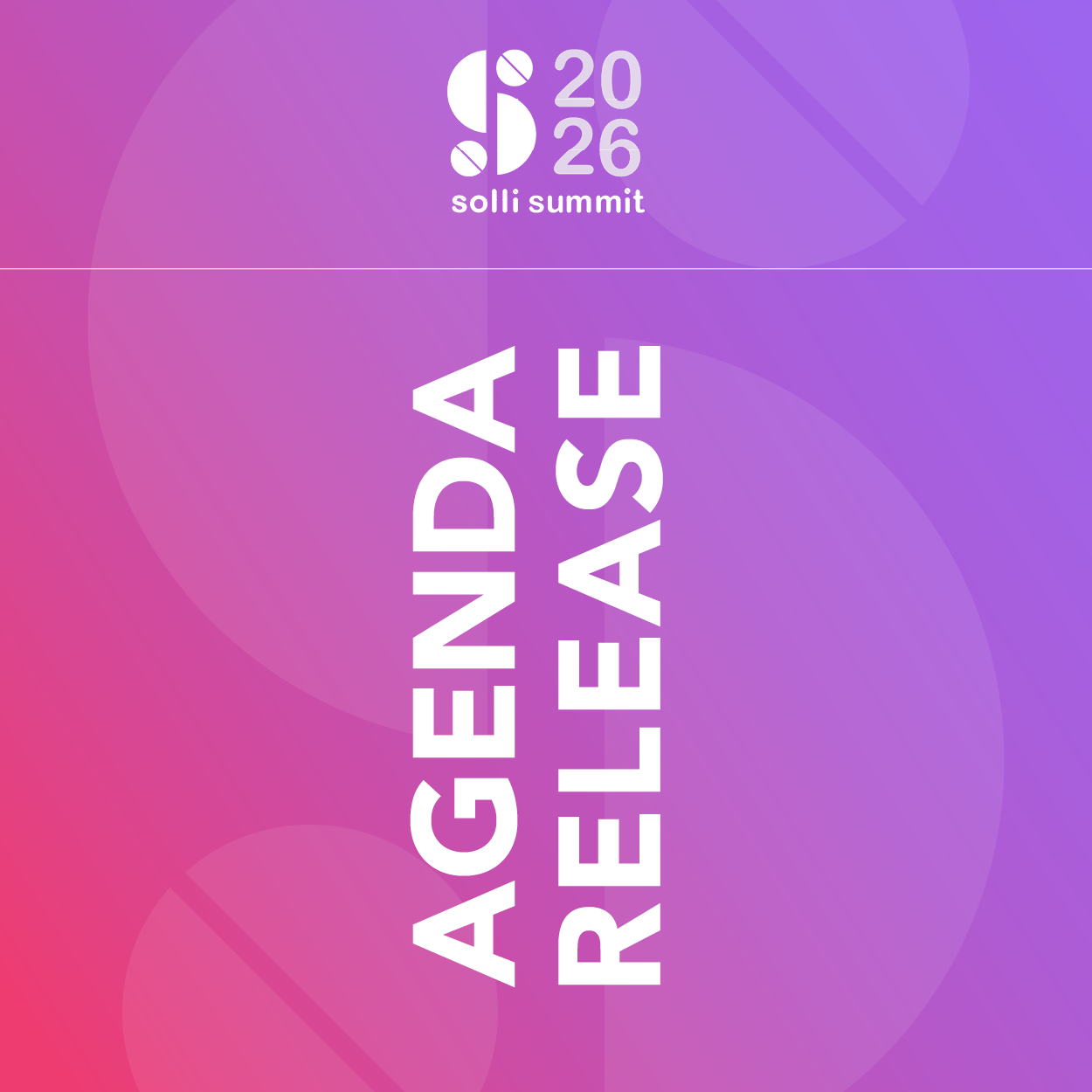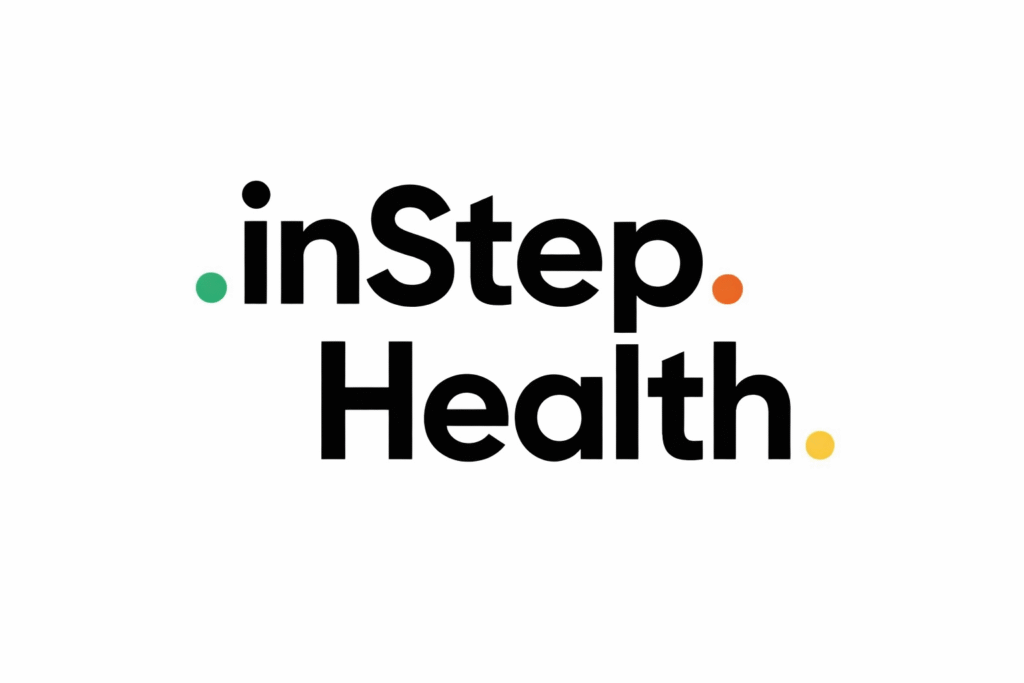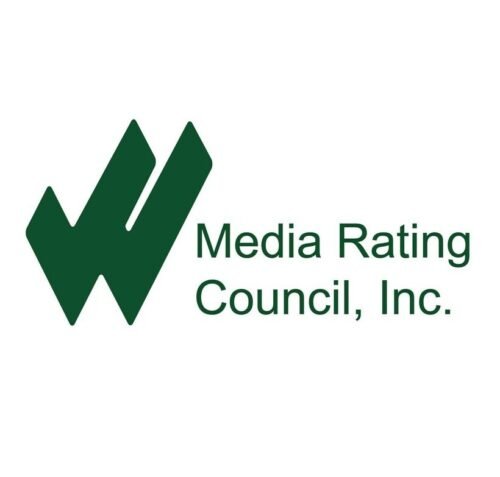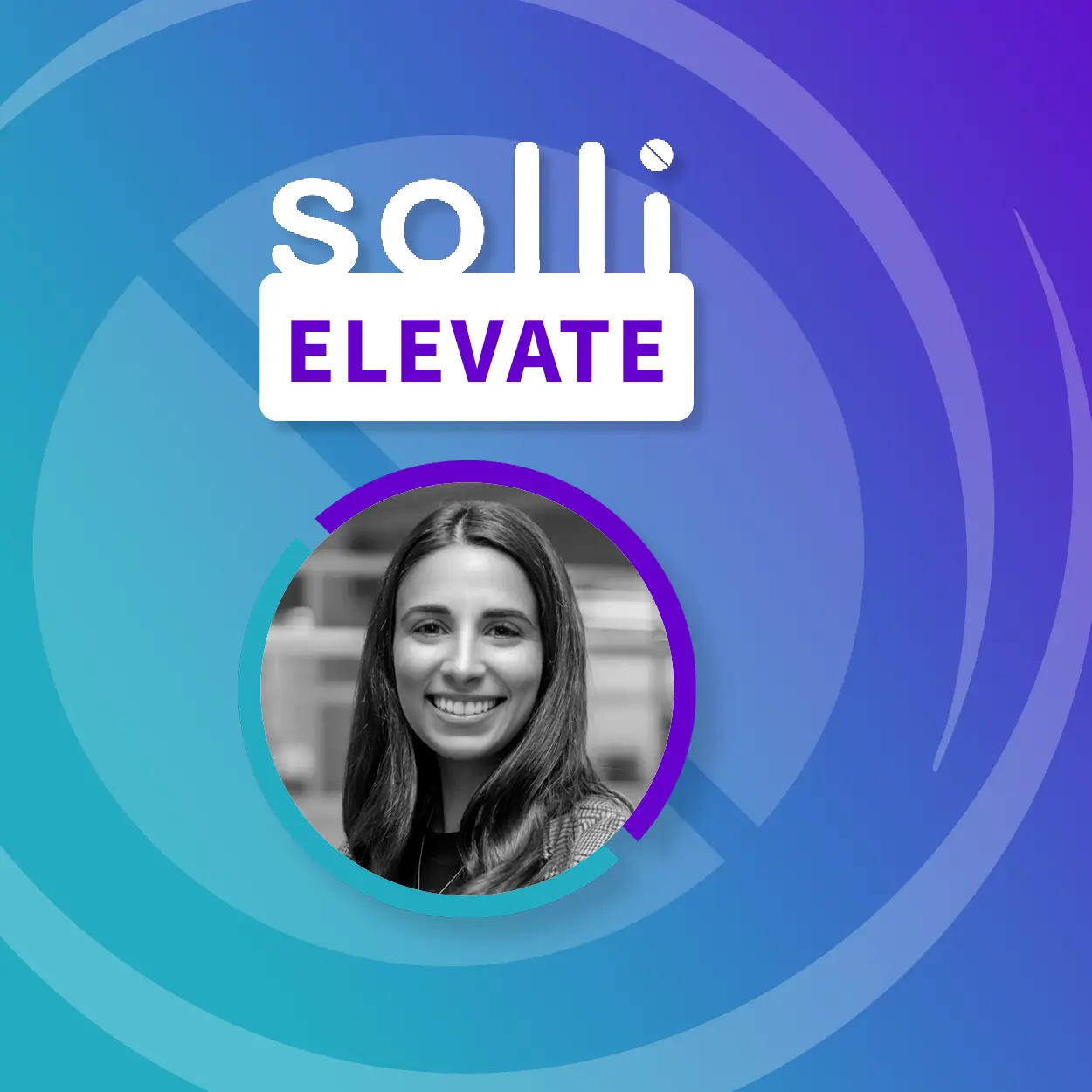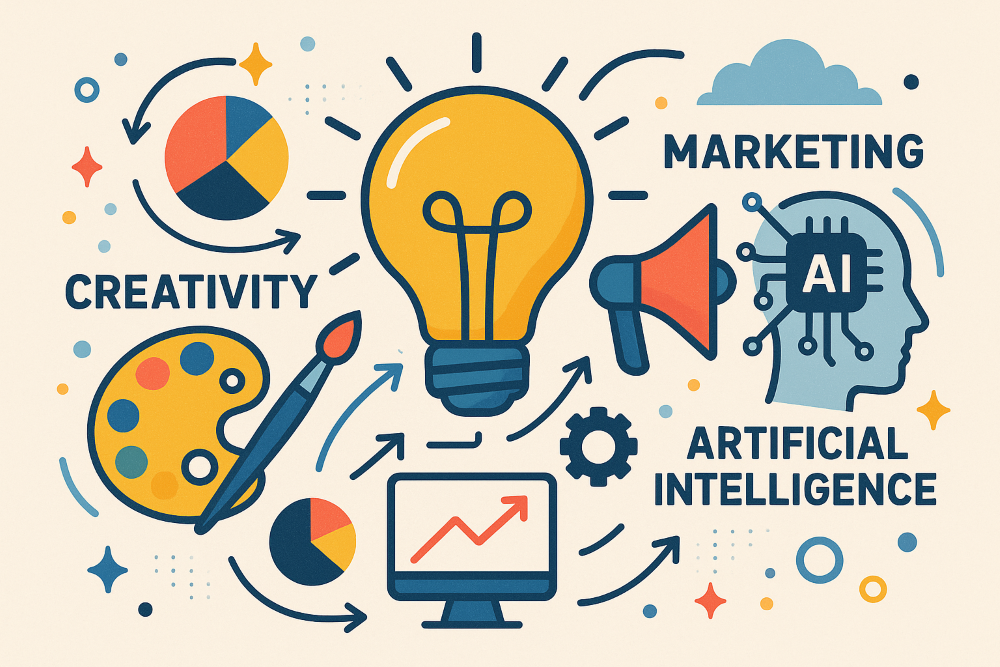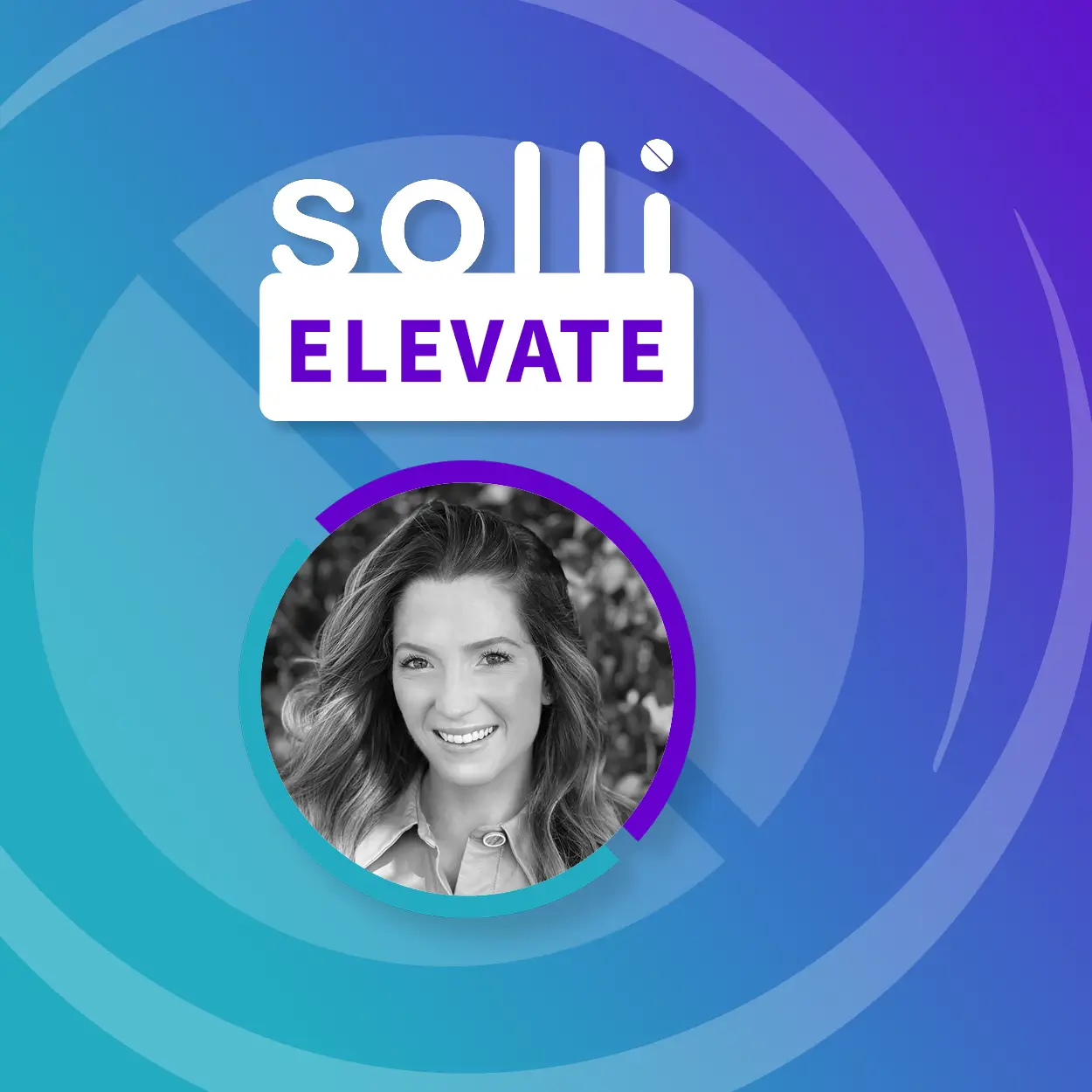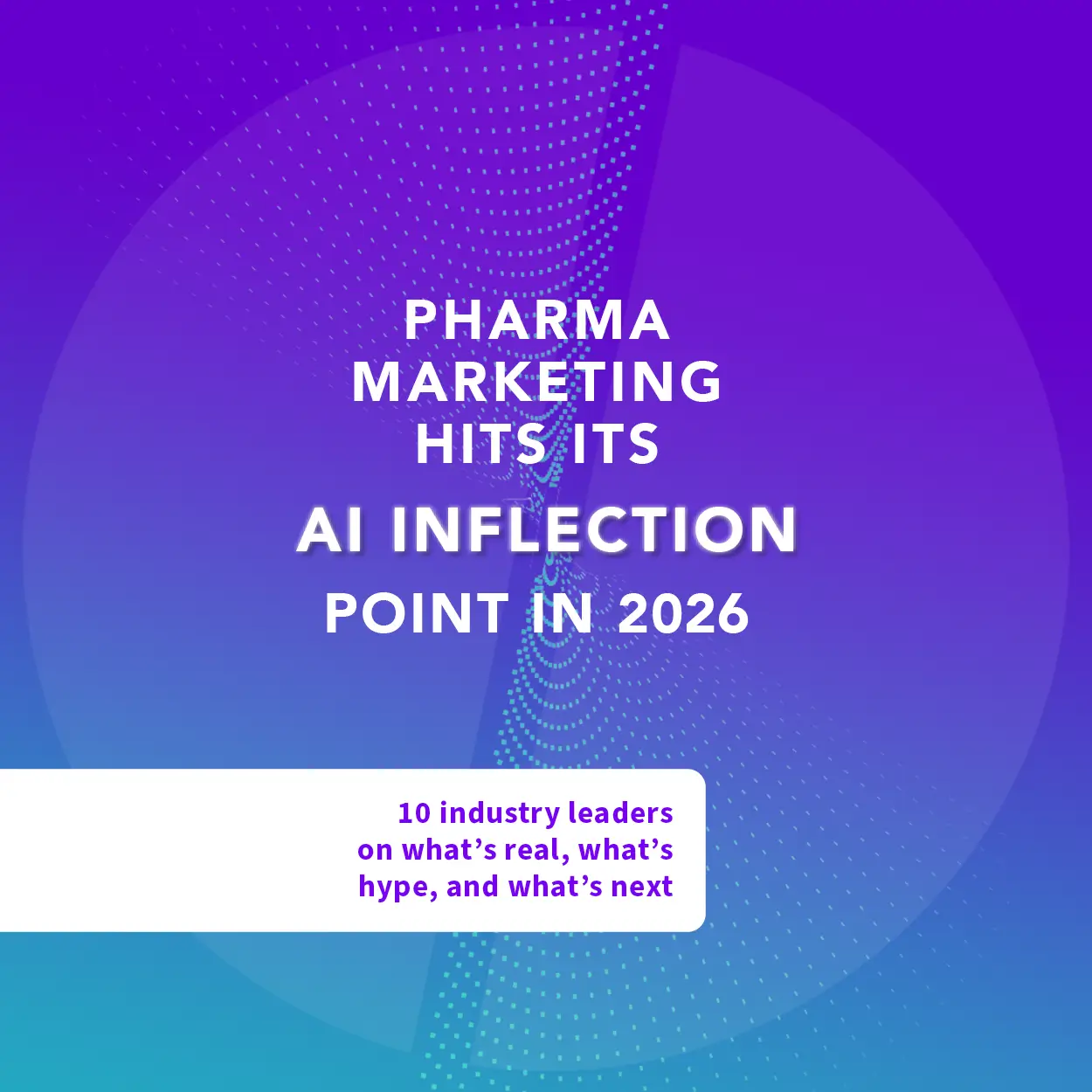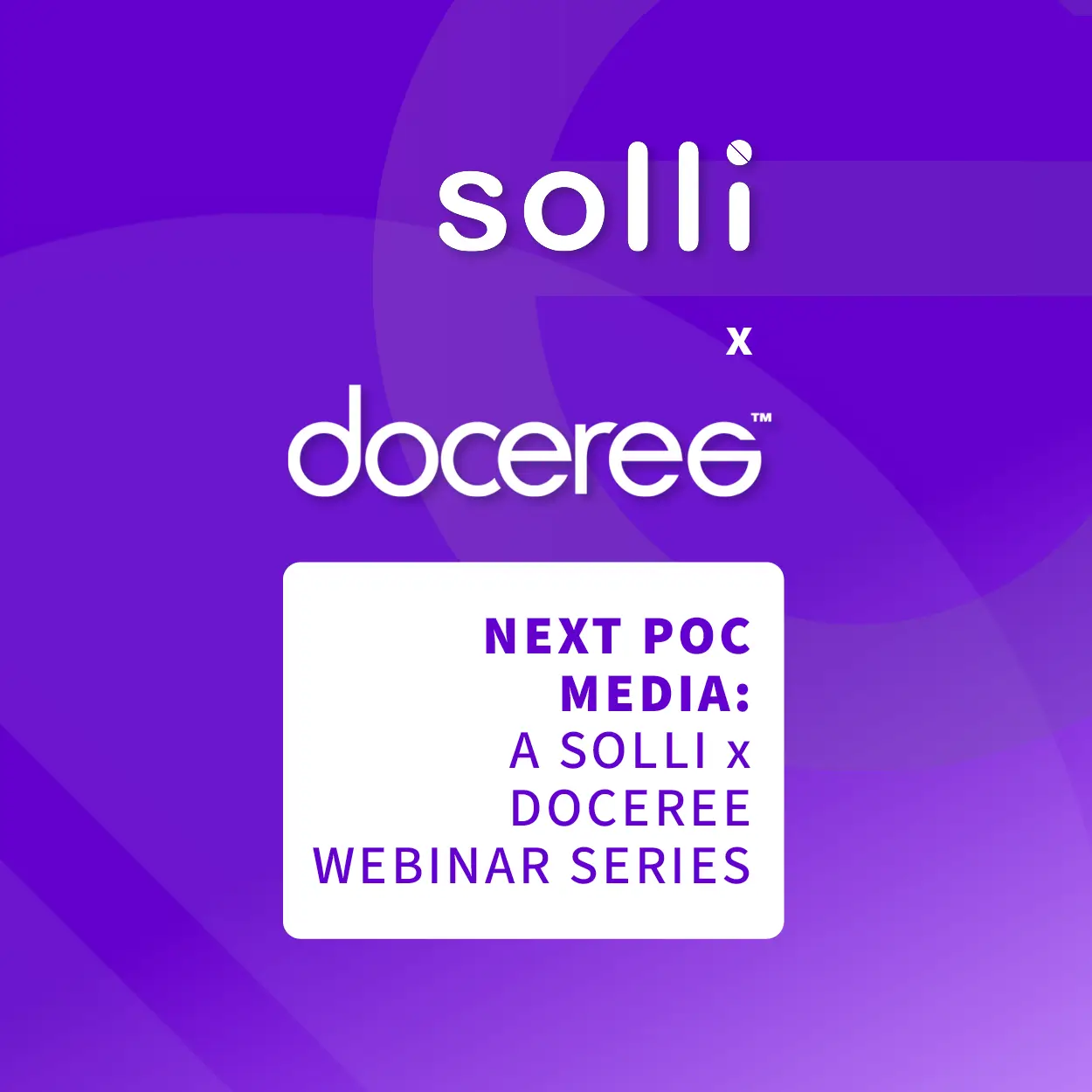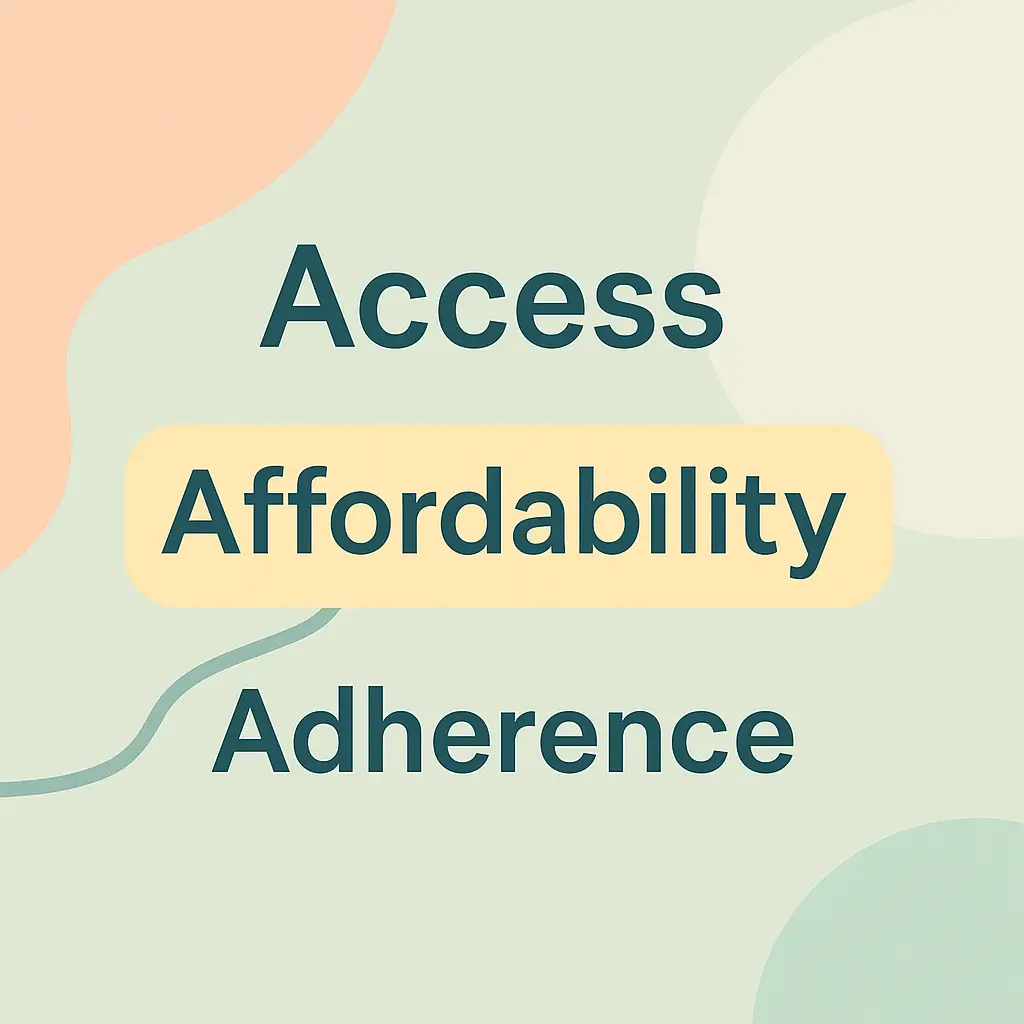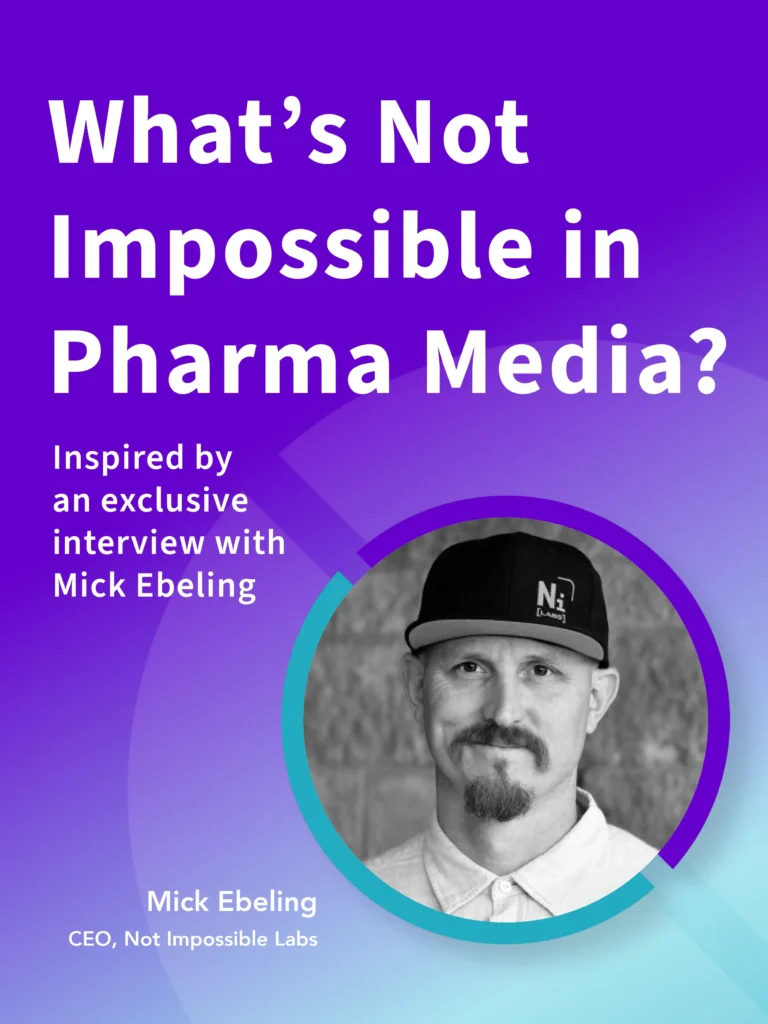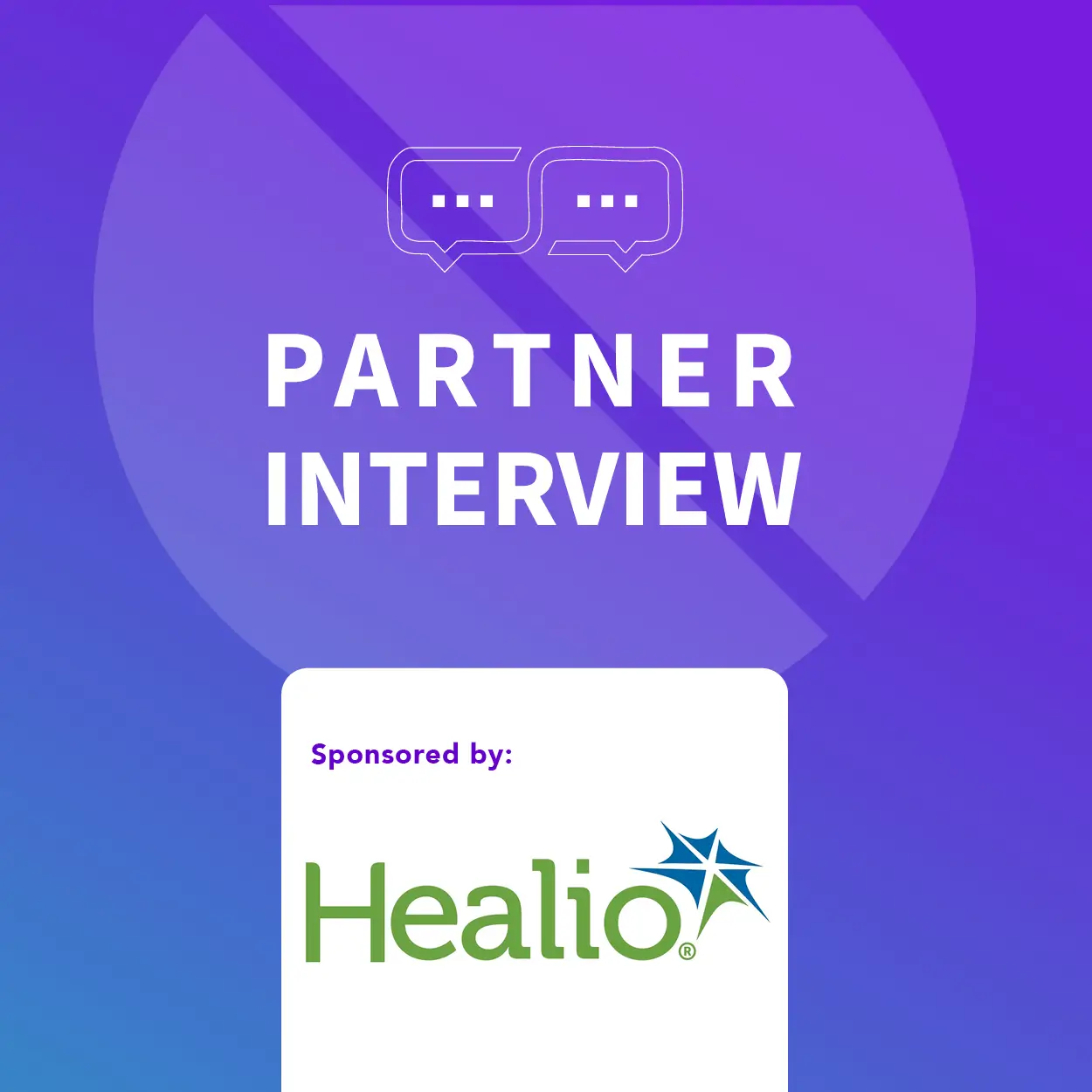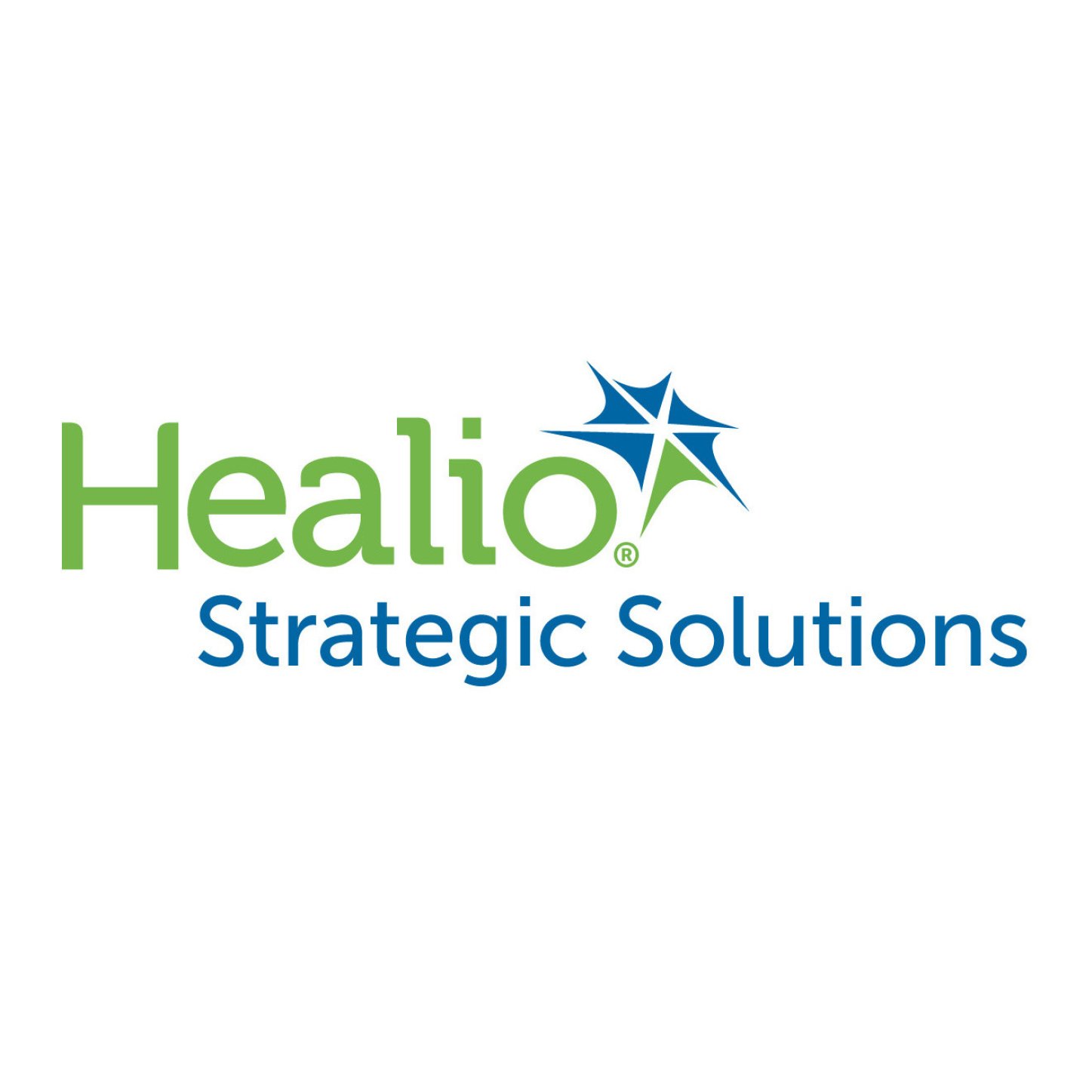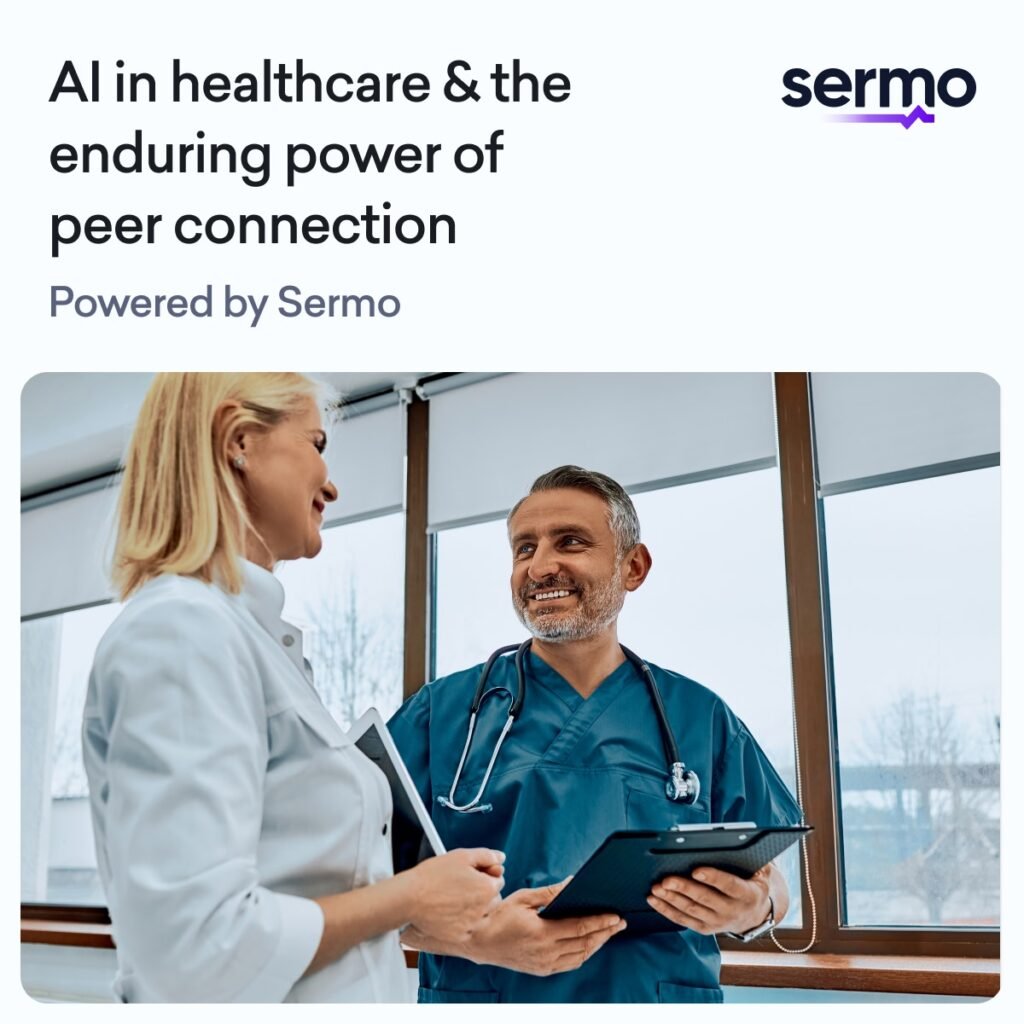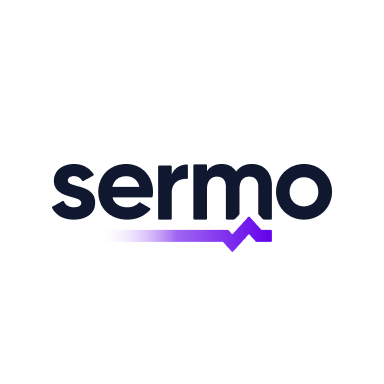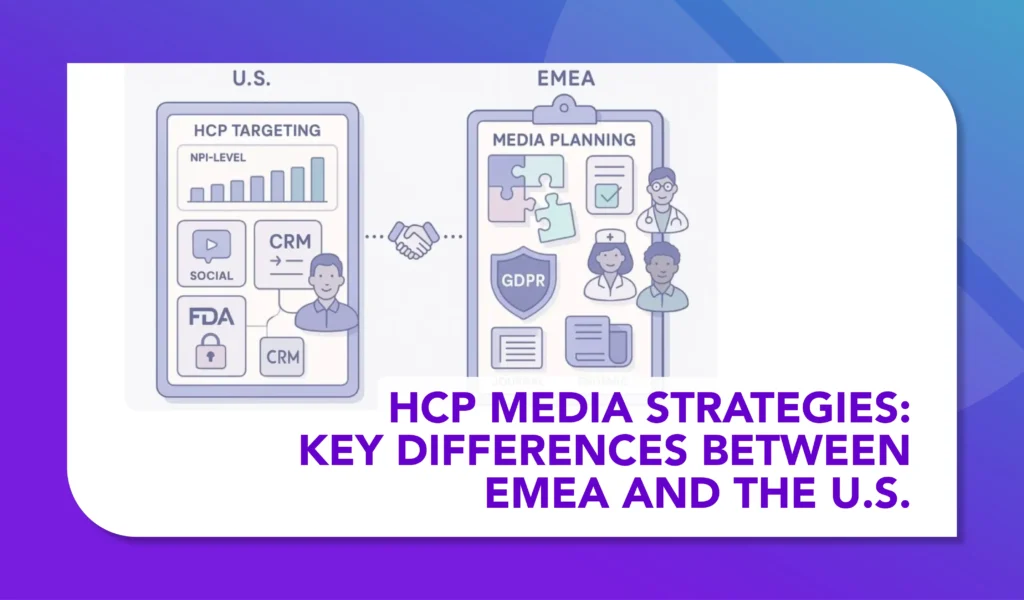AI in Healthcare: Balancing Optimism with Caution
EY Survey Reveals Healthcare Executives' Trust and Concerns About AI Integration

A recent survey by Ernst & Young (EY) delves into the perspectives of healthcare executives on the burgeoning role of artificial intelligence (AI) in the sector. Conducted by leading experts including Arda Ural, PhD, and Sezin Palmer, the report reveals an optimistic yet cautious stance towards AI integration, highlighting significant implications for the global pharmaceutical media industry and its professionals. Namely:
-
Widespread Trust and Adoption:
- A striking 96% of healthcare executives trust AI, with 94% perceiving it as a positive workplace force.
- 85% believe AI adoption is sluggish, and 89% fear falling behind without it.
- Over half (53%) have already integrated AI into their daily operations, showcasing an existing foundation for AI use in the sector.
-
AI’s Role in Enhancing Efficiency:
- Executives overwhelmingly recognize AI’s potential to boost productivity and efficiency, enabling focus on higher-value tasks.
- There is significant support for AI in administrative functions, such as creating meeting notes, answering basic queries, and data analysis.
-
Concerns Over AI in Patient Care:
- Despite the general trust, 83% of respondents express apprehension about AI’s role in personalizing medical plans or aiding diagnoses.
- A notable 91% stress the necessity of human oversight in AI applications, underscoring the need for a balanced approach.
-
Ethics and Transparency:
- Ethical and transparent AI practices are crucial, with 85% favoring organizations that prioritize these values.
- The survey indicates a strong desire for routine updates and training on AI’s legal implications, cybersecurity risks, and ethical use.
Implications for the Global Pharma Media Industry:
There are a plethora of examples of how AI can be used effectively in the global pharma media industry. To name but a few:
- Increasing depth, scale, and trend analysis of media data.
- Lowering the bar to content personalization.
- Improving the interconnectivity between healthcare provider (HCP) channel engagements.
These advancements all have substantial merit, and given the enthusiasm demonstrated in this study these conversation are ones that should be prioritised within all marketing organizations. Having said this a key takeaway from this study is that despite a strong appetite for AI, there remains significant reticence towards its adoption at the frontline of healthcare.
As such, whether you are a pharma marketer looking for internal budget or regulatory approach for your AI project or an agency selling in AI-based services to clients, the challenge remains consistent: effectively communicating the value & safety measures of AI to a diverse mix of stakeholders. Without addressing these fears even the most highly promising AI-driven project will fall on its face.
Solli address a number of principles that will help in these conversations when we wrote a piece about communicating media strategies to C-suite stakeholders (‘Mastering the Media Boardroom‘). See how many are relevant for your AI-related conversation. You’ll be surprised how much crossover there is!
Overall, the EY survey underscores a transformative yet cautious optimism about AI’s role in healthcare. For the global pharmaceutical media industry, this presents a continued opportunity to lead in responsible AI adoption, enhance operational efficiency, and advocate for ethical practices; but to do so with great focus on the remaining concerns.
Click here to read the full article from EY.

